In a significant escalation of immigration enforcement, U.S. authorities revoked over six thousand student visas this year. The cancellations stem from a wide range of issues, from criminal offenses to alleged ties with terrorism. The crackdown reflects a broader shift toward real-time surveillance and ideological scrutiny.
Criminal Offenses and Security Concerns
Most visa revocations—around four thousand cases—involved alleged crimes such as assault, burglary, and driving under the influence. While these raise legitimate safety concerns, many students faced visa loss despite lacking formal convictions. Critics argue this undermines due process and conflates allegations with guilt.
High-Profile Campus Cases
Universities like Harvard, Columbia, and Tufts have become flashpoints in the debate. At Tufts, a PhD student lost her visa after publishing an article critical of university policies. The case underscores the fragile line between academic freedom and national security priorities, sparking concern across higher education institutions.
Rising Scrutiny of Political Expression
Another striking trend is the scrutiny faced by students engaged in political activism, particularly those supporting Palestinian rights. International students participating in campus demonstrations or posting pro-Palestinian content online have been accused of supporting terrorism, even in the absence of direct connections to extremist groups.
Social Media Surveillance
Authorities increasingly rely on AI-driven tools to scan online platforms for “anti-American” or antisemitic speech. Visa applicants must now share public social media handles, allowing officials to evaluate their ideological positions. This practice raises questions about whether dissenting views are being wrongly equated with threats to national security.
Global Repercussions for Students
The growing risks associated with political expression have triggered unease among international scholars. Students from cities such as Mumbai, Cairo, Beijing, and New Delhi are questioning whether the U.S. remains a safe and open academic destination. For many, the threat of deportation now overshadows the promise of opportunity.
Legal Challenges and Detentions
Several high-profile incidents illustrate the consequences of this policy shift. At Columbia University, an activist was detained during a naturalization interview. In another case, a student was arrested by masked agents for publishing an opinion piece. These events have fueled protests in Boston, New York, and Somerville.
Legal and Advocacy Concerns
Lawyers and advocacy groups argue that the policy dangerously blurs the line between criminal conduct and protected political speech. They warn of a slippery slope where criticizing U.S. foreign policy online could be grounds for losing a visa, regardless of actual involvement with extremist organizations.
Proactive Vetting and Constant Monitoring
The revocations reflect a broader transition to proactive monitoring. The State Department now conducts continuous vetting using immigration records, law enforcement data, and social media activity. This “catch and revoke” system applies to students, workers, and tourists alike, reshaping how the government oversees visa holders.
Chilling Effect on Expression
This environment has created a chilling effect on campuses nationwide. Students and faculty now view social media platforms as potential liabilities, where even symbolic acts of dissent may be misinterpreted as threats. The fear of surveillance has begun to alter classroom dynamics and campus debates.
Universities Caught in the Middle
American universities face mounting pressure as they balance academic freedom with government security mandates. With more than a million foreign students enrolled in 2023–24, institutions rely heavily on international tuition and cultural diversity. A climate of fear risks diminishing the appeal of U.S. campuses to global talent.
The Stakes for Higher Education
The U.S. government defends these measures as essential to safeguard national security. However, critics argue the approach erodes the openness and vibrancy that define American education. If international students perceive the U.S. as hostile to free expression, they may pursue opportunities in countries with more permissive environments.
A Defining Moment for Policy
The cancellation of thousands of visas represents more than an immigration policy adjustment—it signals a fundamental change in how the U.S. defines security and academic freedom. The outcome will shape not only student lives but also the global perception of American universities as centers of free thought.

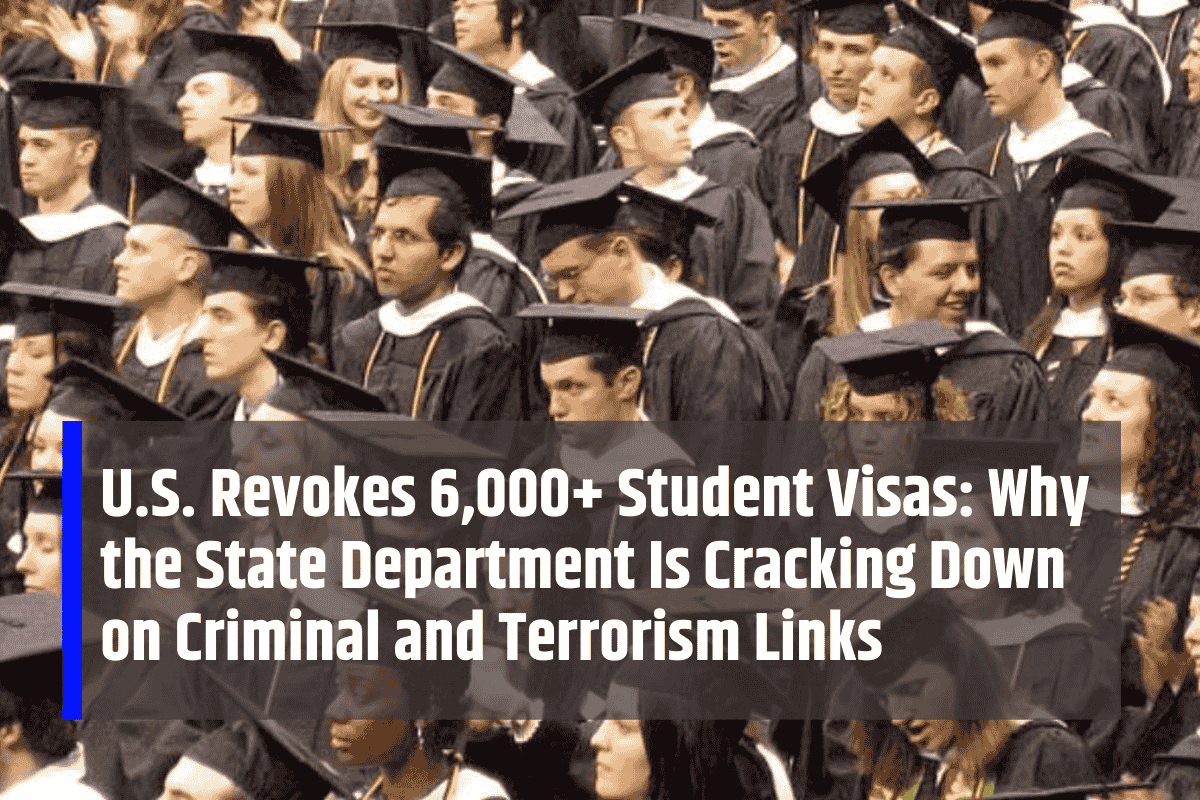
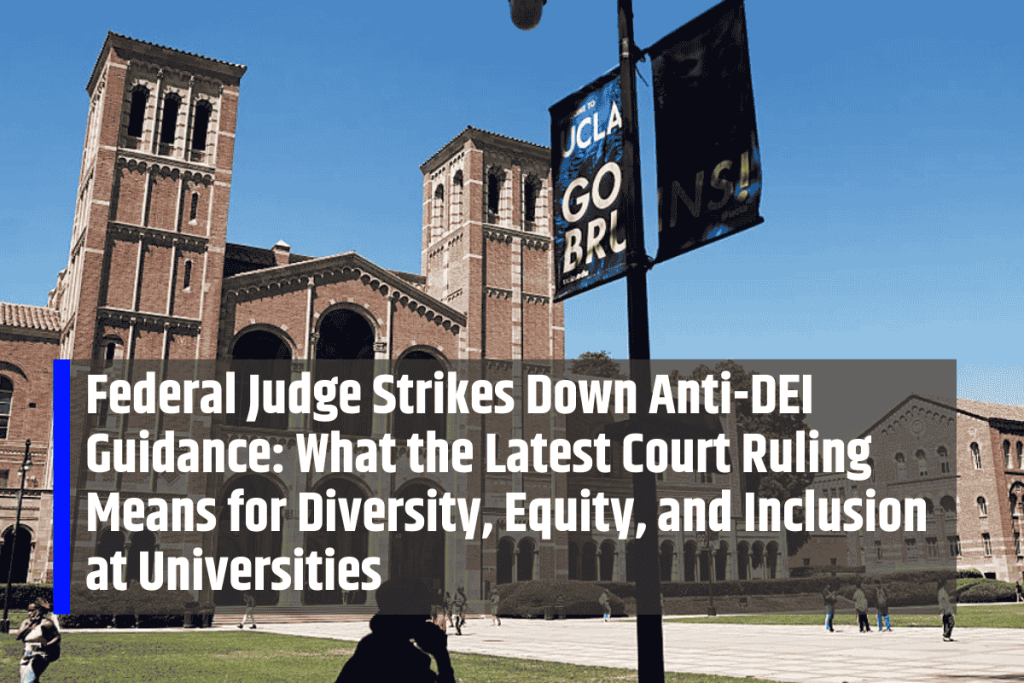
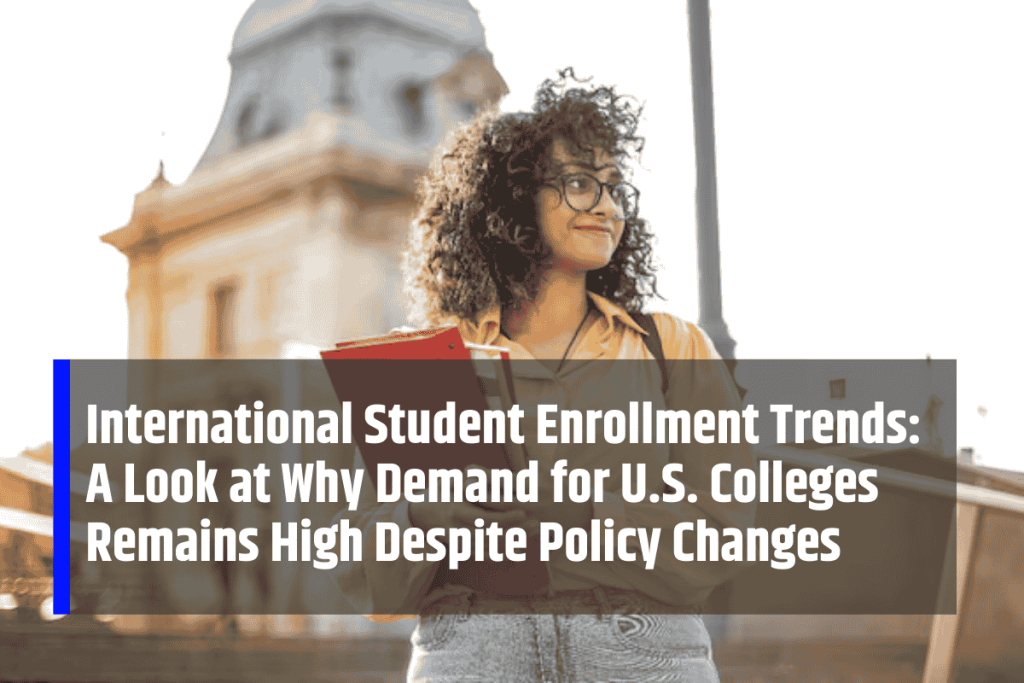
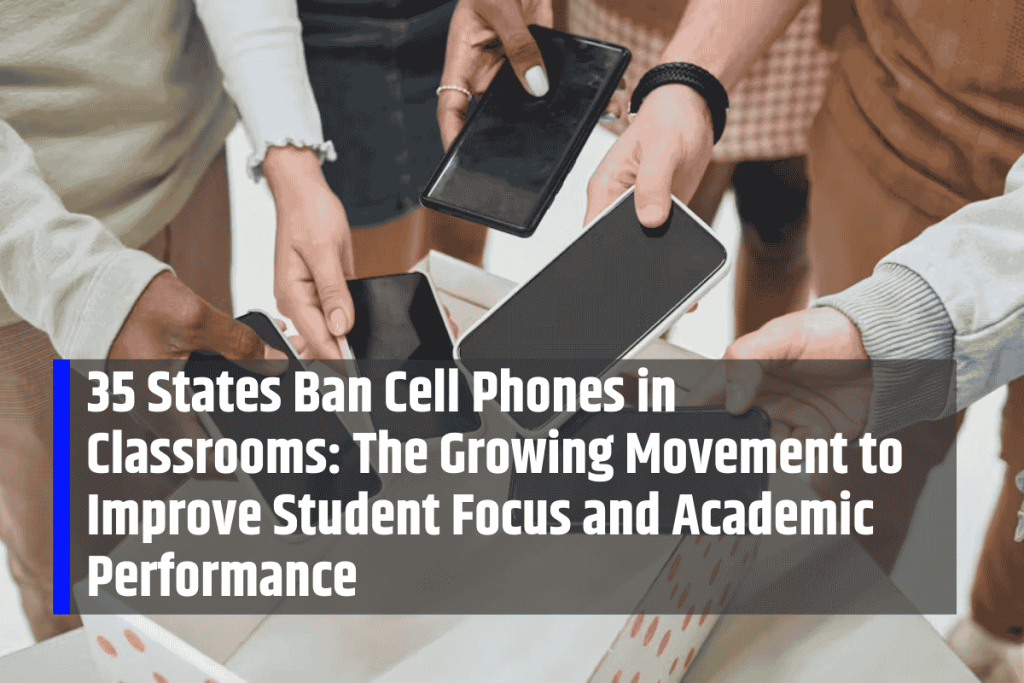
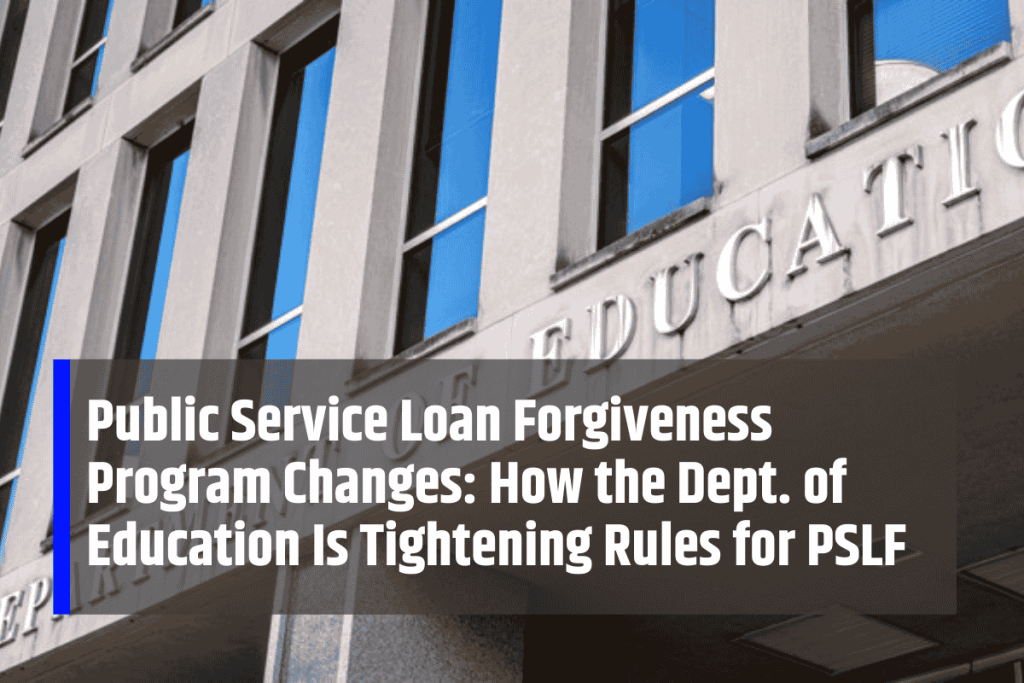
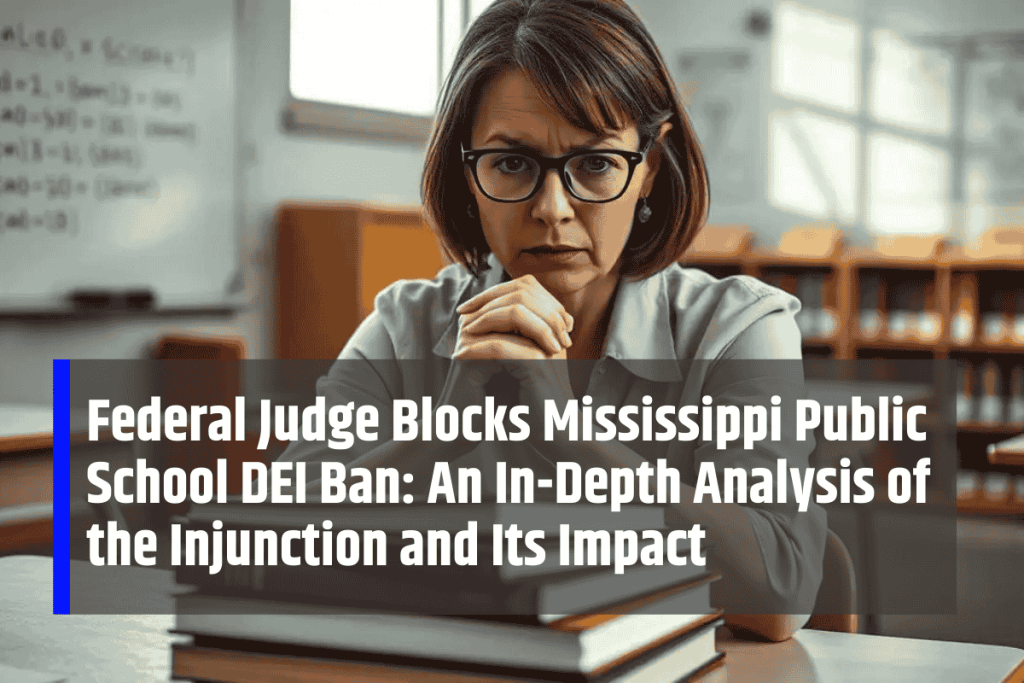
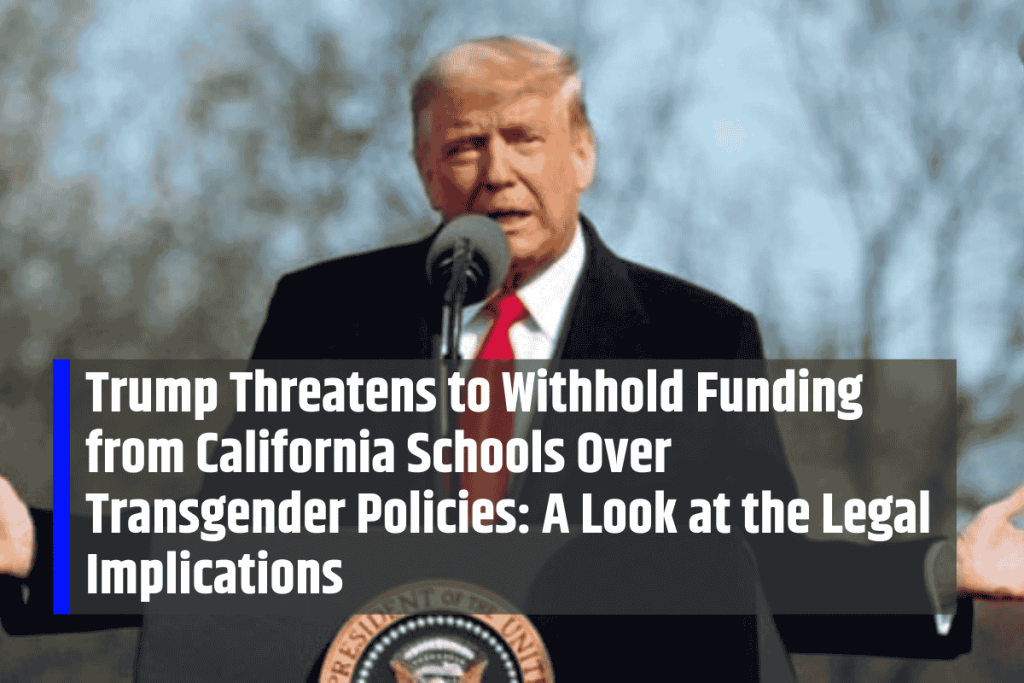
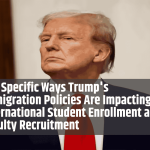

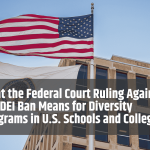
Leave a Comment